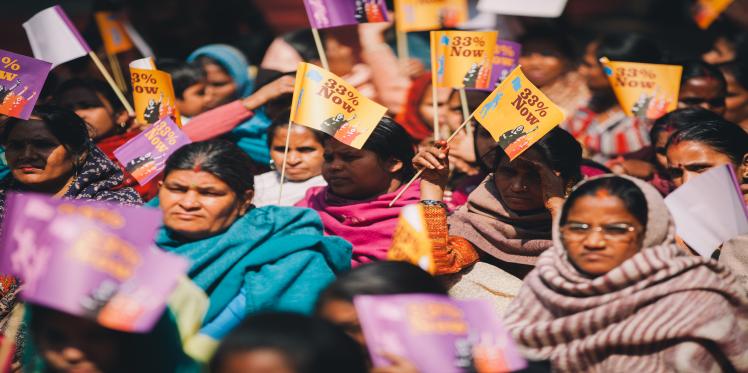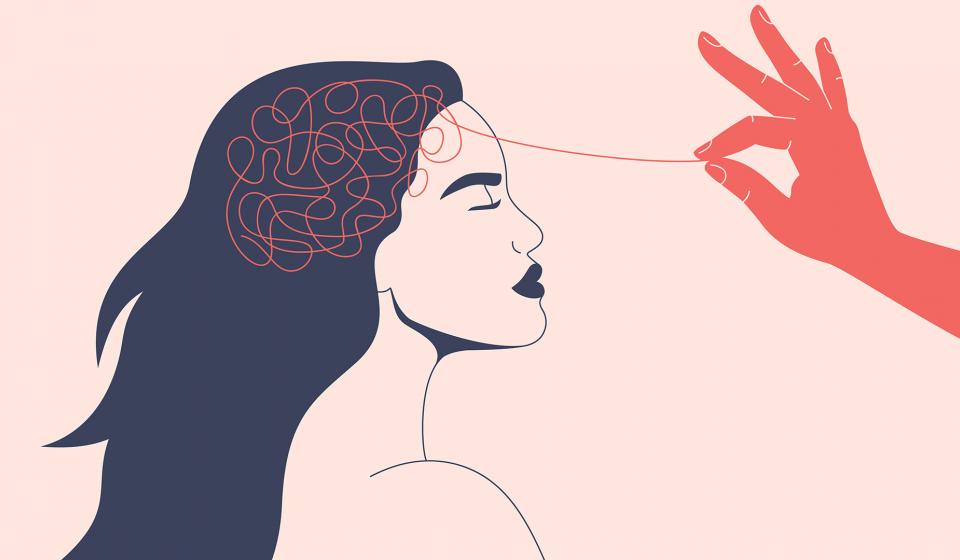Women’s Rights and Representation in Politics: A Path Toward Gender Equality

Women’s rights and representation in politics have been at the forefront of gender equality movements for decades. While significant strides have been made globally, women remain underrepresented in political leadership and decision-making processes. Achieving true gender equality requires not only the recognition of women’s political rights but also the dismantling of barriers that hinder women from participating fully in politics.
Women have historically been excluded from political leadership roles due to societal norms, cultural attitudes, and institutional barriers. These obstacles have restricted their access to political power and influence, preventing them from shaping policies that impact their lives and communities. However, over the past century, women around the world have fought for and won the right to vote and run for office. Despite these victories, the path toward equal political representation remains fraught with challenges.
One of the primary barriers to women’s political representation is gender-based discrimination. Cultural stereotypes and biases often perceive men as more capable or qualified for leadership roles, especially in politics. These biases can manifest in various ways, from media portrayals of women in politics to the lack of support from political parties. In many cases, women are expected to balance political careers with traditional gender roles, such as caring for children or elderly relatives, which places additional burdens on them.
Another significant challenge is the lack of financial and institutional support for women in politics. Running for office requires significant resources, and women often face difficulties accessing the funding necessary for successful campaigns. Political parties may not prioritize the promotion of women candidates, further limiting their opportunities to enter the political arena. Additionally, the political environment itself can be hostile toward women, with gendered violence, harassment, and discrimination frequently targeting female politicians.
Despite these barriers, the importance of women’s political representation cannot be overstated. Women bring unique perspectives and experiences to the table, which are essential for creating policies that are inclusive and responsive to the needs of all citizens. Gender-balanced leadership promotes more equitable social, economic, and legal systems and helps to reduce gender-based violence, improve access to healthcare and education, and promote gender equality in the workplace.
Increasing women’s participation in politics is critical for ensuring that gender equality is prioritized in national and international policy agendas. Countries that have higher levels of female political representation tend to have more progressive policies on issues such as healthcare, education, and domestic violence. For example, countries like Rwanda and Sweden have made significant progress in promoting women’s political participation, with women holding substantial roles in government and shaping critical policies.
Achieving greater gender parity in politics requires a multifaceted approach. One key strategy is to implement quotas or affirmative action policies that ensure women are represented in political offices. These measures can help level the playing field, particularly in countries where cultural norms or institutional structures limit women’s opportunities for political advancement. Political parties must also take responsibility for fostering inclusive environments that support and encourage female candidates.
Education and mentorship programs are also essential in empowering women to pursue political careers. By providing young women with the tools, knowledge, and networks needed to navigate the political landscape, societies can create a new generation of female leaders who are equipped to lead and advocate for gender equality.
Furthermore, combating violence and harassment against women in politics is vital for creating safe and inclusive political spaces. Ensuring that women are able to participate in politics without fear of intimidation or violence is essential for fostering a healthy democratic system.
In conclusion, achieving gender equality in politics requires overcoming deep-rooted barriers and creating an environment that supports and empowers women in leadership roles. The path to gender parity in political representation is not easy, but it is essential for building fair, inclusive societies that reflect the diverse needs and perspectives of all citizens. By promoting women’s rights, dismantling discriminatory structures, and supporting women’s political participation, we can create a future where gender equality is the norm, not the exception.










